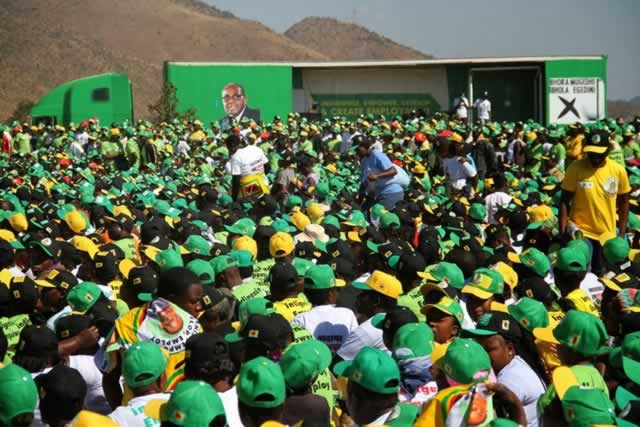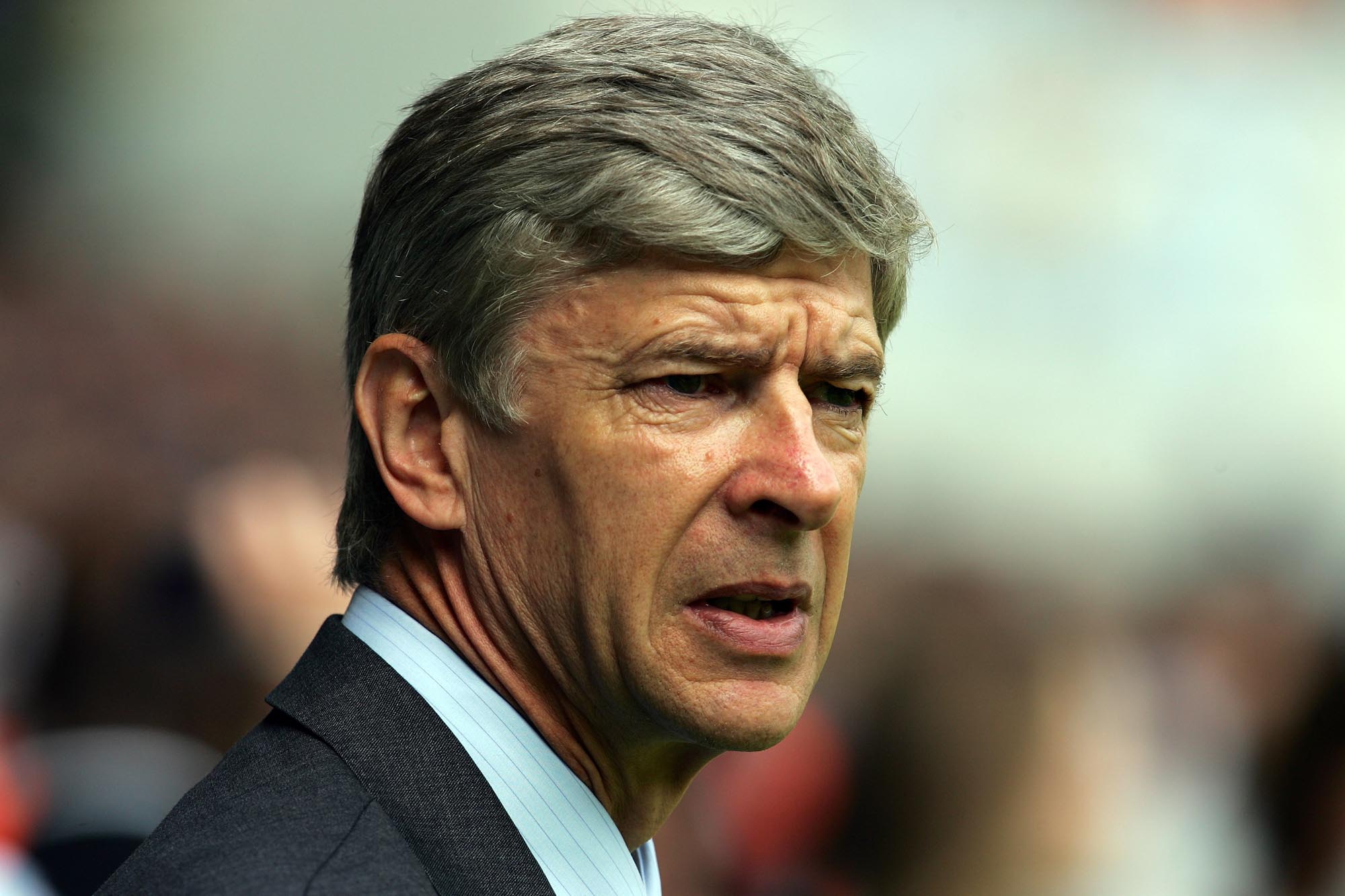Zanu-PF reclaiming its space everywhere

Panganai Kahuni
On April 20, 2014 one weekly newspaper ran an article titled “Zanu-PF invades civil society space”.
This was in response to a robust debate that had been proffered by Zanu-PF participants in a particular meeting in Bulawayo.
When one reads the title it would appear as though Zanu-PF had gatecrashed into a meeting to which it was not invited.
The word “invade” is synonymous with hostile entrance; an uninvited swarming of an area which is reserved for a certain group of people to gather and peacefully discuss their own business.
The word “invade”, in the context it was used, means an unlawful entry into civil society space which could be interpreted to mean Zanu-PF was now stopping civil society organisations from carrying out their duties as established by law.
In democratic societies, it is the right of any group of people or organisations to choose when to take part in a debate or not to as long as their actions are not meant to shock, disturb or cause harm to the existence of a peaceful environment.
It must be noted here that public debates are meant to influence certain agendas such as political, social and economic dispositions.
In Zimbabwe, public debates that are run at SAPES, Bulawayo Agenda and MISA just to mention a few are mainly meant to influence certain political agendas as they are largely foreign donor funded.
It is, therefore, important for every group or political organisation to decide on when to enter such public debate; how to enter and how to influence participants to take a certain political direction.
It is thus naïve for anyone to call Zanu-PF “invaders” of a meeting where its participants were duly invited to exercise their democratic right to have their views heard by the public and to which Zanu-PF thought it was now time to take part in those public debates for people to understand it better.
It is encouraging to note that Zanu-PF’s presence is beginning to be felt in Bulawayo where it was previously taboo to hear anyone in Bulawayo speak of beliefs, values, principles and ethics of Zanu-PF.
This is what a revolutionary part does when it is awakening from slumber. The adage which says “let sleeping dogs lie” is beginning to show results in Bulawayo.
It is also good to hear from the horse’s mouth that donor funds are drying out for the civic organisation, which makes Zanu-PF’s joining of the public debate timely and strategic.
Zanu-PF supporters in Bulawayo are doing the right thing.
It must be made clear at this juncture that the perpetual viewing of Zanu-PF as a scarecrow is considered as a motto by the majority of civil societies in Zimbabwe.
However, this motto is continually haunting them even in their urban strongholds such as Bulawayo and Harare.
Zanu-PF as an experienced revolutionary party is expertly employing Mao’s political theory that says “make your enemy view you to be far when in fact you are near and near yet you are too far”
Both the private media and the civil society viewed Zanu-PF in Matabeleland to be far for over a decade and yet it was within reorganising.
The Zanu-PF as a ghost which appeared to be a buried one awoke from what appeared to be a dead party and took 13 seats in Matabeleland South, seven seats in Matabeleland North and now its presence in Bulawayo is being heavily felt as exemplified by the report in question.
In the said article, the writer agrees that the presence of Zanu-PF in Bulawayo is heavily felt and is welcomed but he says it in a begrudging manner as he calls it “intruding on civil society space”.
He also acknowledges that the legion of Zanu-PF supporters went into the public debate as a united force as they cheered Dr Sikhanyiso Ndlovu whenever he emphasised a Zanu-PF ideological point and peacefully interjected when a panellist mentioned anything against the ideals and beliefs of Zanu-PF.
One wonders why this peaceful phenomenon which is a norm practiced by even football supporters should ever surprise or displease anyone.
Those who watch soccer these days will tell you in the English league it is normal these days for supporters to peacefully jeer or boo any move made by an opposing player.
Even British Ambassador to Zimbabwe Deborah Bronnert knows that.
It has been observed that the coming of Zanu-PF in Bulawayo public debates will enrich the political debate and was good for building democracy.
The viewing of Zanu-PF as a perpetual ghost is not only with the private media and civil society; it is also with the MDC-T.
Nelson Chamisa, the MDC-T national organising secretary and the legislator for Kuwadzana constituency, was recently quoted by ZiFM saying that “even if angels were to monitor our elections no one would win because the system favours Zanu-PF”.
Surprisingly the electoral laws were amended in the last Parliament in which the MDC formations had sizeable control.
What Chamisa did not deliberately tell the nation is that as long as the MDCs perpetually view Zanu-PF as an evil ghost even if the same angels were to monitor and declare any elections in Zimbabwe as free, fair and credible, the MDC formations and the West, particularly Britain and America would not accept them as such, claiming that the Angels rigged the elections in favour of Zanu-PF.
People must understand our electoral law and how Zanu-PF has managed to come up tops even in the most adverse conditions and environment.
Zanu-PF won the elections in 1980 under very difficult political circumstances.
The Rhodesians had the experience in running elections. They were supported by their kith and kin of the Commonwealth.
The electoral system and process was run under the management of the British through Lord Soames.
The security of the ballot boxes was provided by the Rhodesian security apparatus with the help of the Commonwealth monitoring force that was largely from the white Commonwealth countries.
However, regardless of the attempts to assassinate Cde Mugabe and the threat to ban Zanla forces from the elections; plus the selective and biased campaign against the revolutionary party, Zanu-PF still emerged the victor.
In the 2000, 2008 and 2013 elections, besides the huge donor funding that went to the legion of civil society organisations and the MDC formations; despite the illegal sanctions and the Western created hyperinflation plus Western media demonisation of Zanu-PF, it still emerged the victor.
Thus, while the civil society, NGOs and MDC formations and their founders and funders perpetually viewed Zanu-PF as an evil ghost, the masses of Zimbabwe viewed Zanu-PF as a Holy Ghost.
Zanu-PF must respond to the people of Zimbabwe by being ethical, united and aggressively indigenise the economy for the benefit of the “povo”.








Comments